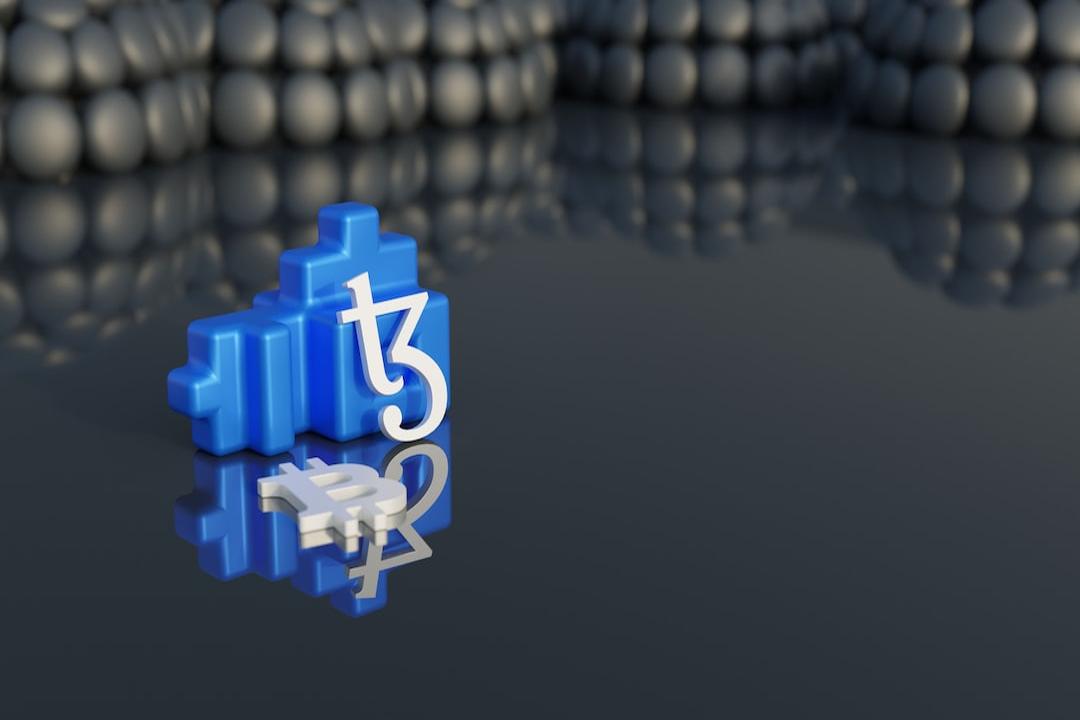The IOTA team has officially announced that the IOTA Digital Identity method can now be resolved through the Decentralized ID Universal resolver. This exciting development allows for seamless integration of IOTA Identity into both new and existing applications through an interoperable interface.
IOTA’s digital identity platform aims to provide identity solutions for individuals, organizations, and objects, acting as a unifying layer of trust between all entities. The recently developed universal resolver by the DIF community is specifically designed to resolve Decentralized Identifiers (DIDs) across various DID methods, with the IOTA DID being the latest addition.
This significant milestone for IOTA was shared on their official Twitter account, emphasizing the ease of integrating IOTA Identity into different applications and promoting its interoperability.
The IOTA team is dedicated to empowering individuals with the ability to choose which data to share and with whom, all through a decentralized identity system. With IOTA Identity, users can enjoy a more secure and private online experience, free from the hassles of usernames, passwords, and data breaches.
In addition to benefiting individuals, organizations also stand to gain from IOTA Identity. Traditional systems often leave companies susceptible to data breaches, but IOTA Identity offers a new approach. By empowering users to control their own data and complying with GDPR regulations, companies can build trust and eliminate the need to store personal information. Secure KYC/AML credentials can be used to verify identities while keeping the data with the user. By leveraging these verified credentials, companies can reduce onboarding costs and foster a more secure ecosystem.
IOTA Identity also extends its trust to devices with verifiable identities, known as IDoT. This ensures that devices can be trusted and paid for based on their actual capabilities. With secure ledgers tracking tasks and interactions, processes can be automated and fraud can be eliminated. Moreover, digital twins, which are virtual representations of physical objects, can be shared with trusted identities, enabling predictive maintenance and new services. Security is a top priority, as cryptography and verifiable credentials are utilized to create tamper-proof systems that can be trusted.
The growing adoption of the IOTA Digital Identity method is evident through its latest integrations. Government institutions worldwide have recognized the importance of decentralized identity solutions in providing enhanced security and protection for their citizens. Notably, the global semiconductor hub in Taiwan is actively exploring the implementation of decentralized ID solutions and has been engaging in discussions with IOTA. Furthermore, the IOTA Foundation has been in talks with the German government, the EU, and various companies in the region and beyond regarding the utilization of the IOTA Digital Identity solution.
In conclusion, IOTA’s Digital Identity method has made significant strides in achieving widespread adoption and recognition. Its innovative approach to decentralized identity solutions has garnered interest from various sectors, paving the way for a more secure and trustworthy digital ecosystem.

